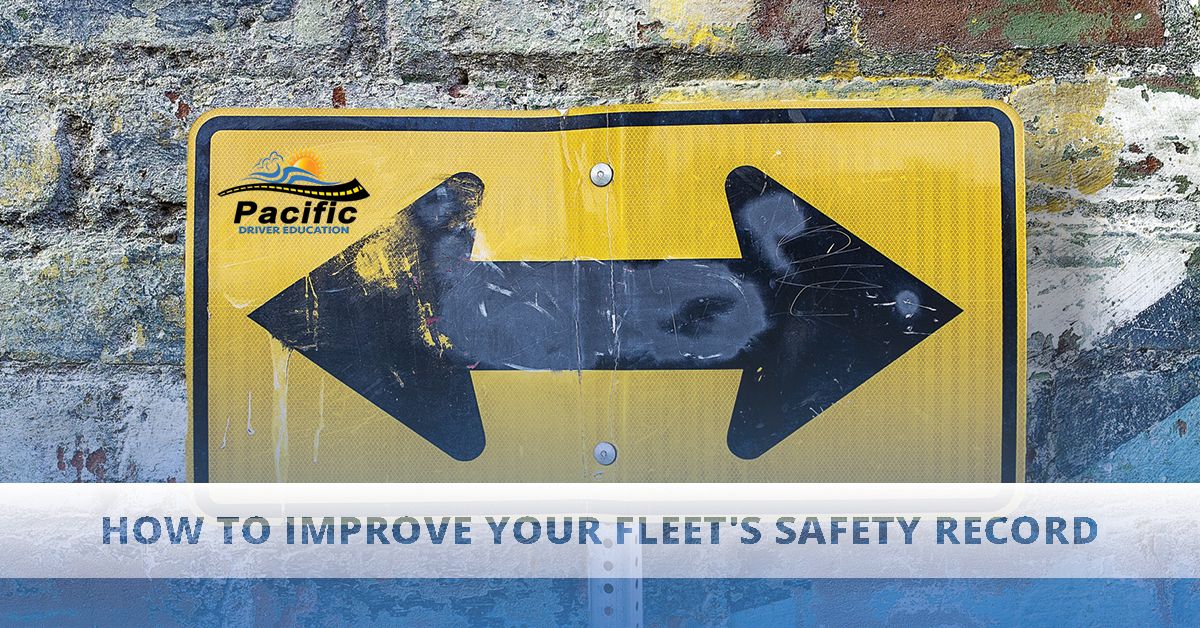Put electronic driver data to work for you.
Most fleets are now using some form of electronic driver tracking. There is a multitude of benefits to these systems, but most fleet managers are just scratching the surface and using the tracking devices to ensure drivers aren't wasting time on the job. You should be doing so much more. These systems are now so sophisticated that they can give you insight in driver safety. You can see data about what bad driving habits are plaguing your drivers and then work with them on an individual level to correct them. Installing an electronic monitoring device in your fleet vehicles does something for the driver's mentally, too; they are far more likely to practice safe driving habits when they know you have the ability to check in on them. If you aren't already using a system, it's time to invest in one and see how it can help your business.
Create incentives for being safe.
Sometimes safety isn't incentive enough for your drivers. It can boost your rates (and driver morale) if you establish an incentive program for safe driving habits. Set key performance indicators for your drivers regarding safety and then determine what incentive you'll offer if they hit them. It's important to set a goal that's feasible but going to require a bit of work on the drivers' parts to achieve. If it's too easy, they won't take the challenge seriously. If it's too hard, it can be discouraging and actually have the opposite effect that you want it to have. As for the incentives, cash always works well.
Put a "zero distractions" policy in place and enforce it.
The number one cause of preventable accidents is distracted driving. More and more often, this is caused by cell phones. For some reason, it is almost impossible for us to ignore our cell phones when they beep, buzz, or ring, even when we're driving. However impossible it might seem, though, it's an absolute must. More and more states are implementing "no cell phone" policies for drivers. Don't wait for your state to do this for you, though. Implement your own policy within the company and then enforce it. If drivers are caught checking their phones while operating a company vehicle, set consequences such as written warnings, verbal warnings, or even automatic termination. Taking a hard line on this will encourage drivers to put down their phones--and leave them down--while they are in the car.



